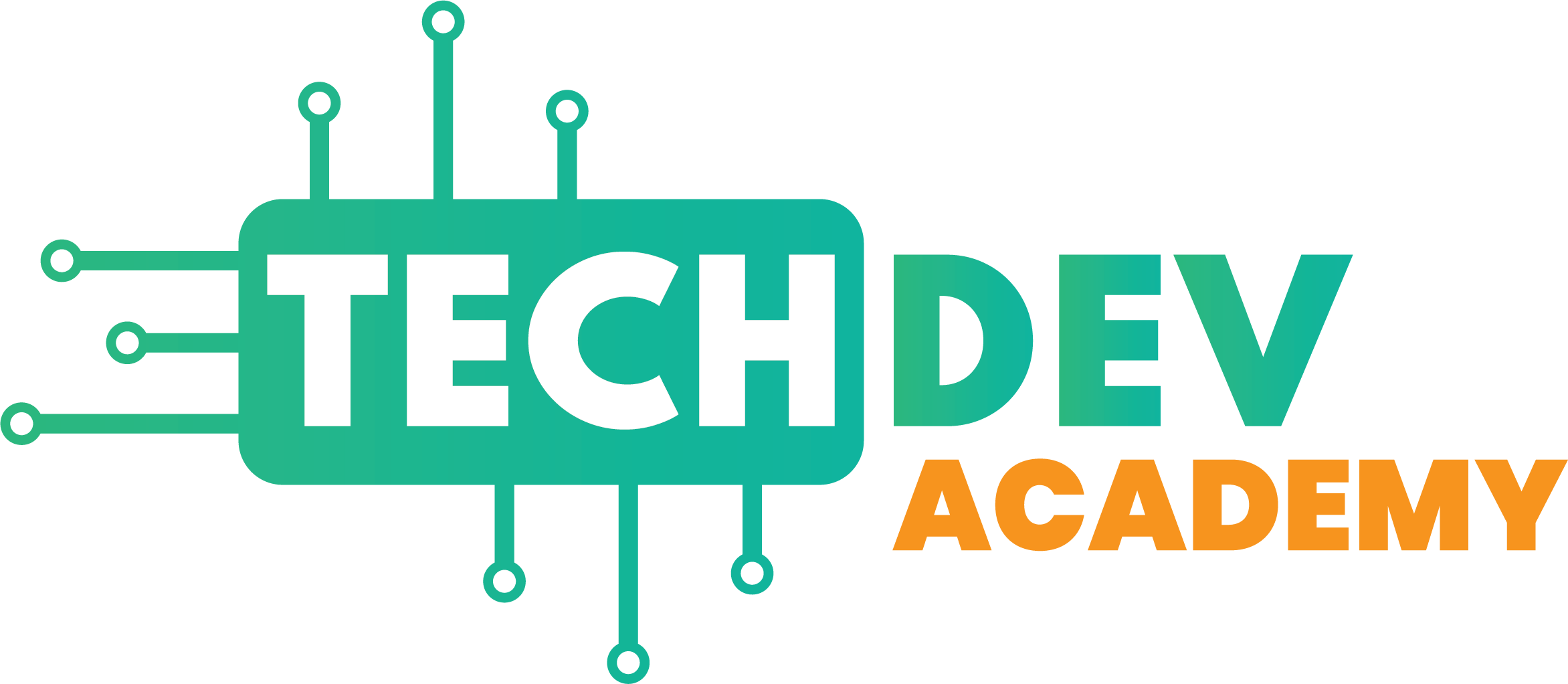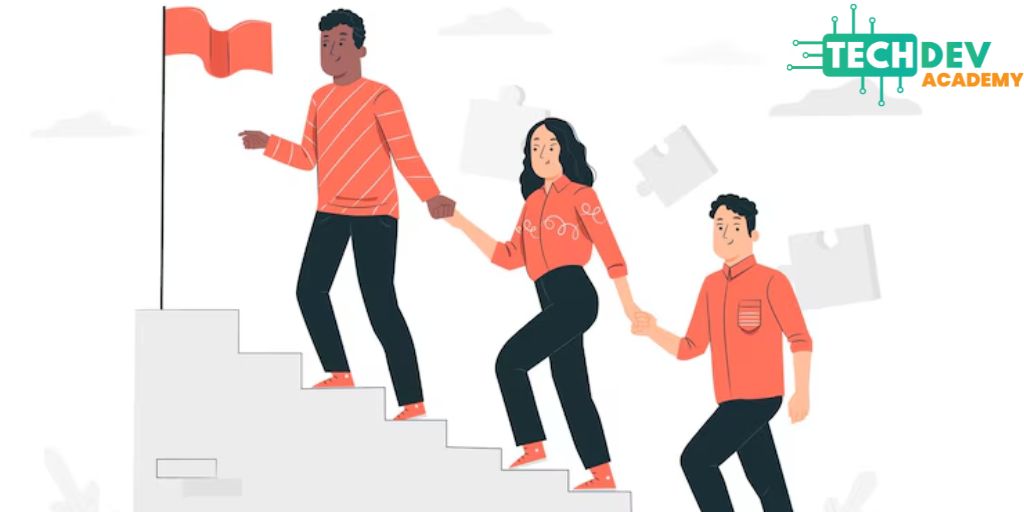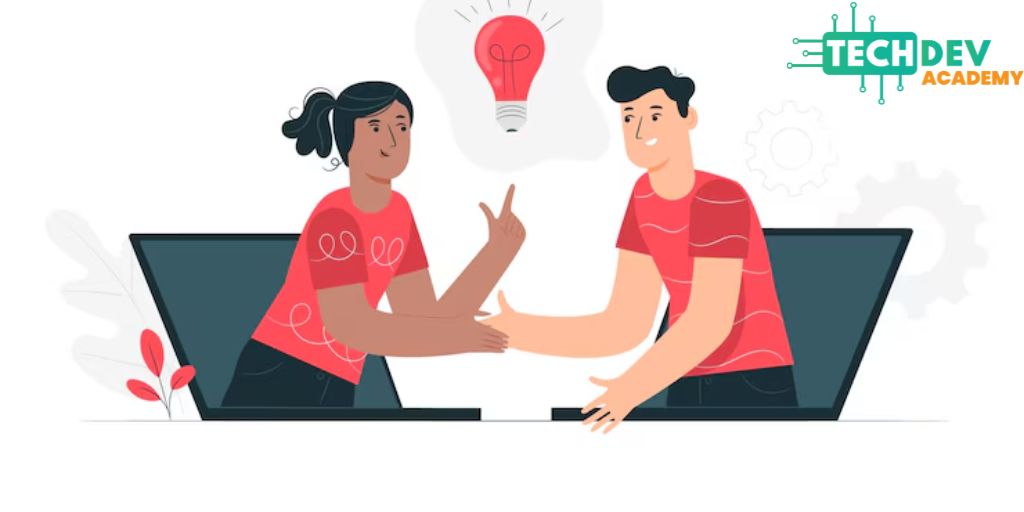Teenage years are a critical period for personal growth, especially regarding emotional skills. Young people often face challenges that test their ability to understand, manage, and express emotions during this time. Many teens struggle with peer pressure, academic stress, identity confusion, and changing relationships. Developing emotional intelligence at this stage is essential. Teen mentorship programs can offer guidance that supports both emotional awareness and regulation. This article will explore how mentorship plays a direct role in emotional intelligence in teens, the skills it helps build, and the methods mentors can use to support lasting growth.
This is what you will get in this article. You will learn how teen mentorship supports emotional development and what strategies mentors can use. Let’s see together.
Why Emotional Intelligence Matters in Teen Years
Emotional intelligence refers to the ability to recognize, understand, and manage one’s own emotions and the emotions of others. For teens, this ability is directly linked to better relationships, stronger academic performance, and improved mental health.
According to a study by the Collaborative for Academic, Social, and Emotional Learning (CASEL), students with strong emotional skills perform 11% better in academics than those who lack these skills. In teens, low emotional intelligence has been connected to a higher risk of anxiety, depression, and aggressive behavior.
For example, a teen who can recognize when they are feeling angry is more likely to pause and respond calmly, rather than act out. This shows how emotional intelligence supports better decision-making and self-control.
Understanding Emotional Intelligence
Emotional intelligence in teens is usually divided into five core components:
- Self-awareness – Recognizing one’s own emotions
- Self-regulation – Managing emotional responses
- Motivation – Staying focused and positive
- Empathy – Understanding how others feel
- Social skills – Building healthy relationships
Each component supports a different part of a teen’s personal and social development. For instance, empathy encourages stronger friendships, while self-regulation helps teens manage conflict.
A mentor can guide teens in practicing each of these components. Through consistent support, mentors help translate emotional concepts into real behavior.
Core EI Skills for Teens
In the context of teen mentorship programs, three emotional intelligence skills are especially important for teenagers:
- Emotional Awareness: Many teens cannot name or explain their feelings. Mentors help them label emotions like frustration, sadness, or excitement.
- Impulse Control: Emotional regulation improves when teens learn to pause before reacting. Mentors can guide them through real-life situations using reflection.
- Social Interaction: Mentorship helps teens improve in teen communication, including listening and expressing themselves clearly.
According to the American Psychological Association, nearly 30% of teens say they feel overwhelmed daily, but only a small percentage actively seek help. Mentorship provides a safe space for teens to work on these skills with consistent feedback.
How Mentorship Can Enhance Emotional Intelligence
Teen mentorship programs provide teens with role models who help them build trust, set goals, and reflect on experiences. This relationship becomes a space for emotional learning.
For example, if a teen shares a conflict with a friend, the mentor can guide them through the emotions involved and suggest a better way to handle the situation. This process helps teens gain insight and learn self-regulation.
In structured programs, mentors may use journaling, weekly check-ins, or emotion-mapping tools. These tools help teens recognize patterns in their feelings and behavior.
A 2022 study in the Journal of Youth Development found that teens in mentorship programs reported a 25% improvement in emotional control and stress response within six months.
Role of Mentors in Developing Empathy
Empathy is the ability to understand and care about the emotions of others. It is a major part of both emotional development and social success. Mentors help develop this skill in several ways:
Self-awareness
Understanding their own emotions and their impact on behavior and thoughts.
Self-regulation
Managing emotions in healthy ways and maintaining control in difficult situations.
Motivation
Being driven to achieve goals with internal values rather than external rewards.
Empathy
Recognizing others’ emotions and responding with care and compassion.
Social Skills
Effectively managing relationships and navigating social complexities.
Anxiety
Mentors provide reassurance and teach breathing or mindfulness techniques.
Low Self-Esteem
Encouragement and setting small goals can build self-confidence.
Anger
Helping teens recognize triggers and learn coping mechanisms.
Isolation
Mentors help create connection through shared activities and open dialogue.
- Modeling Behavior: Teens observe how mentors handle conflicts or respond to others.
- Role-Playing: Mentors can ask teens to imagine how others feel in different situations.
- Active Listening: When mentors listen without judgment, teens learn to do the same.
An example would be discussing a school bullying scenario. A mentor might ask, “How do you think the person being bullied feels?” This opens the door to empathy building in a guided and thoughtful way.
Real-Life Case Studies or Examples
Let’s look at a few real situations where emotional intelligence in teens was improved through mentorship:
Case 1: Managing Anger
Sarah, age 14, often reacted with anger during group activities. With her mentor, she learned to name her feelings and count to 10 before speaking. After three months, her school counselor reported fewer outbursts and better classroom cooperation.
Case 2: Improving Communication
Jason, age 16, avoided eye contact and rarely spoke during sessions. His mentor introduced simple communication games and helped him reflect on conversations. Gradually, Jason began to express himself more clearly, showing growth in teen communication.
Case 3: Understanding Empathy
Lina, age 15, struggled with friendships due to her sarcastic tone. Her mentor worked through empathy exercises and asked her to journal daily about others’ feelings. Within two months, she reported better relationships and fewer conflicts.
These examples show how mentoring supports growth in youth emotional skills with simple, consistent guidance.
Strategies Mentors Can Use
Mentors play a key role in shaping emotional intelligence in teens. Using structured techniques makes it easier to support a teen’s growth in emotional development. Below are some effective strategies commonly used in teen mentorship programs.
1. Emotion Check-Ins
Begin each session by asking teens how they feel. Use tools like an emotion wheel, an emoji chart, or a 1–10 scale. This helps teens become more aware of their feelings and gives mentors a snapshot of their emotional state. Over time, this practice builds emotional vocabulary and improves the youth’s emotional skills.
2. Reflection Questions
Encourage deeper thinking by asking open-ended questions like “What triggered that feeling?” or “How did your reaction affect others?” These moments of reflection promote self-awareness and help improve teen communication and empathy.
3. Progress Tracking
Document emotional patterns and note reactions during difficult situations. Share these observations with the teen in a supportive way. Celebrate small milestones to reinforce progress and motivate continued growth.
4. Goal Setting for Emotional Growth
Set clear emotional goals, such as staying calm during conflict or expressing needs clearly. Revisit these goals regularly and assess improvement together.
These strategies make emotional learning intentional and measurable, reinforcing that emotional intelligence is a skill teens can develop with practice.
Active Listening
Active listening is one of the most powerful tools in mentoring. It means giving full attention, asking questions, and summarizing what the teen says to show understanding.
For example, if a teen says, “No one cares what I think,” a mentor might respond, “It sounds like you are feeling ignored. Can you tell me more about that?”
This kind of response teaches the teen that emotions are valid and worth exploring. It also models listening behaviors they can use with peers.
Research published in the Child and Adolescent Social Work Journal found that teens who experienced active listening from mentors were more likely to open up emotionally in future sessions.
Emotional Regulation Coaching
Developing emotional regulation skills allows teens to manage strong feelings without losing control. This kind of coaching teaches them how to handle emotions like anger, fear, or sadness in calm, constructive ways. Mentors can guide teens using simple techniques that become more effective with regular practice.
Some helpful strategies include:
- Breathing exercises to help teens calm down during moments of stress or anxiety.
- Reframing thoughts, such as changing “I failed” to “This was a learning experience,” to shift negative thinking.
- Emotion journaling, where teens reflect on their day, emotional triggers, and how they responded.
These practices help teens build self-awareness and pause before reacting. As they apply these methods over time, their ability to stay calm and make thoughtful choices improves. Emotional regulation coaching gives teens the support they need to respond to challenges with resilience and confidence, making it a vital part of effective teen mentorship programs.
Conclusion
Developing emotional intelligence in teens is not automatic; it requires guidance, practice, and patience. Teen mentorship programs provide the structure and personal attention teens need to grow emotionally. Mentors play a central role by helping teens name their emotions, reflect on behavior, and build healthy social habits. Tools like active listening and emotional regulation coaching make this growth possible in real, measurable ways.
With the right mentorship, teens can develop stronger self-awareness, build lasting relationships, and thrive both in school and in life. Investing in their emotional growth today sets the foundation for responsible, balanced adults tomorrow.
FAQs
Q1: What are the best ways to improve emotional intelligence in teenagers?
Use emotion check-ins, reflective questions, and consistent emotional regulation practice to build awareness, empathy, and communication skills in teenagers.
Q2: Can mentors teach emotional intelligence?
Yes, mentors teach emotional intelligence by modeling behaviors, active listening, guiding reflection, and supporting teens through emotional challenges and decision-making.
Q3: How does EI benefit teenagers long-term?
Emotional intelligence improves mental health, academic outcomes, stress response, social relationships, and overall emotional resilience into adulthood.



